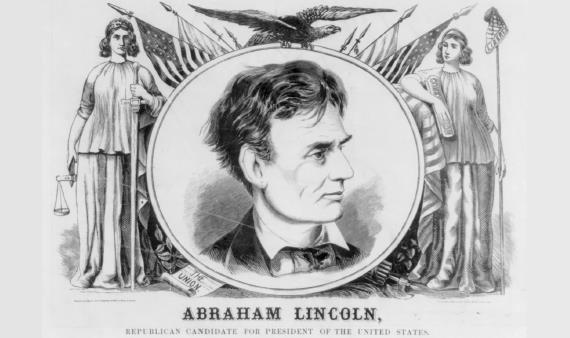Presidential ElectionsDisputes, Anomalies, and Close-Calls |
Which twentieth-century elections were landslides? |
The 1920 presidential election was the first landslide victory in the twentieth century. The Republican contender, U.S. senator Warren Harding of Ohio, beat his Democratic opponent, Ohio governor James Cox, by a whopping 26 percent of the popular vote. Also notable is the election of 1924, during which Republican incumbent Calvin Coolidge beat Democratic opponent John W. Davis of West Virginia. Coolidge campaigned little because of his teenage son’s sudden death during the summer, but the country was prosperous, the nation was at peace, and his catchy Republican campaign slogan, “Keep Cool with Coolidge,” attracted voters. Franklin D. Roosevelt was one of America’s most popular presidents, and is often cited in historian polls as the best of the twentieth-century presidents. Roosevelt won his second-term election in 1936, garnering 61 percent of the popular vote to the 37 percent received by his Republican contender, Kansas governor Alf M. Landon. In the election of 1948, when most of the nation had prophesied a Harry S. Truman defeat, the incumbent Democrat beat his Republican contender, New York governor Thomas E. Dewey, in a landslide election. Truman won more than twenty-four million popular votes, 49 percent of the national total, to Dewey’s twenty-two million, and won 303 electoral votes.
The only late-twentieth-century president to win with a landslide was Republican Ronald Reagan, who beat incumbent Democratic president Jimmy Carter in 1980. The former California governor’s platform of steep tax cuts, a balanced budget, decontrol of oil and gas prices, and a greater reliance on nuclear power resonated with a nation riddled with a host of problems: rising unemployment, runaway inflation, a severe gasoline shortage, and the lingering American hostage crisis in Iran. Amidst America’s growing discontent with Carter, Reagan’s sense of humor and personal appeal scored high with the one hundred million viewers who watched the presidential debates and—despite periodic language slip-ups throughout his campaign—Reagan conveyed confidence and strength. He won the presidency with forty-three million votes to Carter’s thirty-five million. Reagan also gained the electoral votes of forty-four states—making Carter’s defeat the most lopsided of any sitting president since Herbert Hoover’s loss to Franklin D. Roosevelt in 1932.

Abraham Lincoln’s campaign poster for the 1860 election. When he ran for reelection in 1864, Lincoln won in a landslide against General George B. McClellan.
